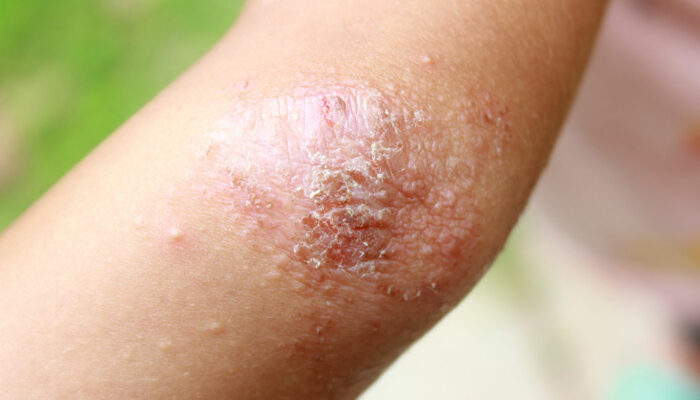
Causes and Risk Factors of Prostate Cancer
Cancer is an umbrella term that encapsulates diseases that are caused due to the abnormal multiplication of cells in the body. Prostate cancer develops in the prostate gland. The prostate is an organ found in males responsible for producing the seminal fluids that transport sperm. Prostate cancer is slow to grow and is typically confined to the prostate gland. This article shall focus on understanding the causes and risk factors of prostate cancer.
What are the causes of prostate cancer?
Much like other cancers, it is difficult to pinpoint the exact cause of prostate cancer in an individual. Studies suggest that this illness is not triggered by an individual cause but is most likely the result of multiple contributing factors. There is a wide range of factors that can lead to the development of prostate cancer. Listed below are a few of them.
1. Genetic predisposition
In most cases, individuals who develop prostate cancer are related to someone who has cancer. This can happen due to inheriting the mutations that lead to the development of such conditions. While this is not necessarily the leading cause, it can increase the risk of prostate cancer significantly. The American Cancer Society states that approximately 10% of all prostate cancer cases can be attributed to mutations in the genes. Individuals related to those who have the BRCA1 or BRCA2 genes also have a higher risk of developing prostate cancer.
2. Age
Aside from genetic predisposition, an individual’s age can also contribute to a higher risk of prostate cancer. Studies have shown that those above the age of 40 are more prone to developing this condition — the greater the age, the more the risk.
3. Race and ethnicity
Science has not been able to understand the relationship between race and cancer completely. But, a vast number of studies show how ethnicity and race can increase the chances of prostate cancer. Individuals of African-American descent are at higher risk compared to individuals of Asian-American as well Latino descent.
4. Location
Studies have also shown that the geographical location of an individual can also play a role in the development of prostate cancer. The Prostate Cancer Foundation found that those living north of the 40 degrees latitude had a higher risk of cancer than those living south of this line.
In the past, sexual activity, vasectomies, and even alcohol consumption were affiliated with a higher risk of prostate cancer. But it is now believed that there is no connection between these factors and prostate cancer. It is also vital to note that there is no way of knowing the exact cause of prostate cancer.



